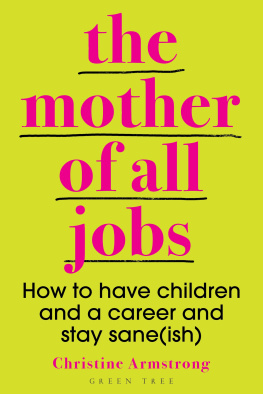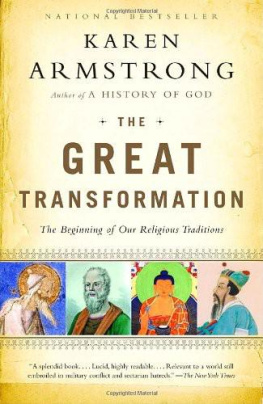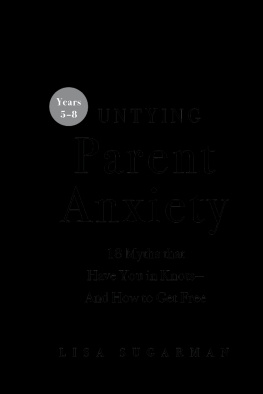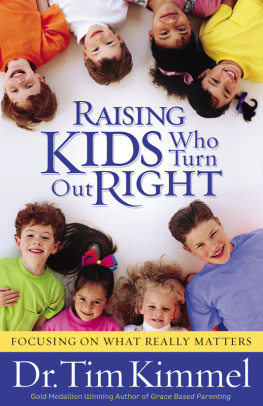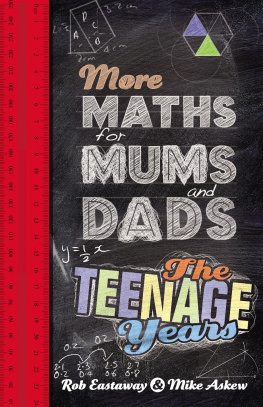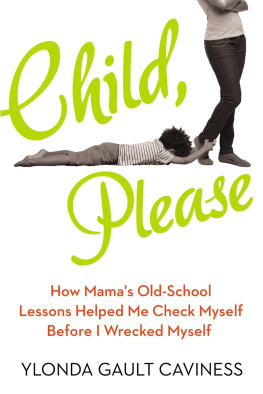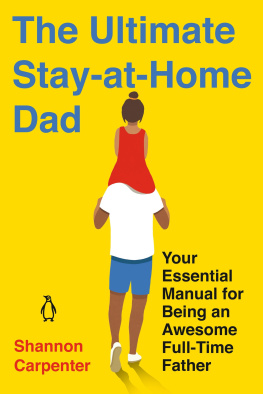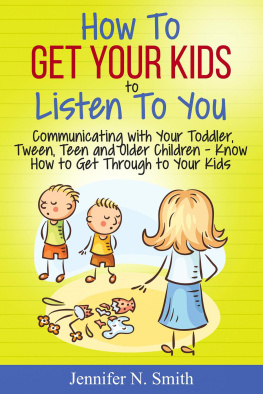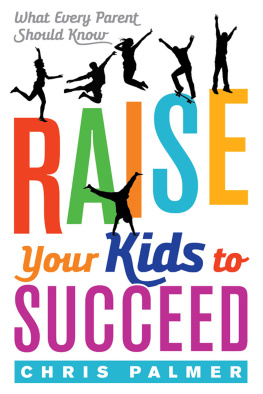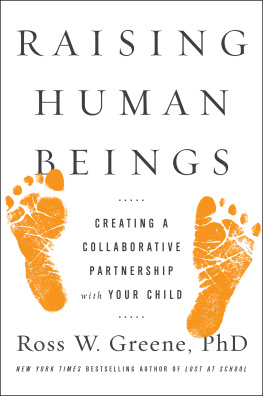
With deepest thanks to the parents, teachers, social workers, therapists, academics, carers and friends who have generously shared their stories: you know who you are and I will always be grateful.

Contents
This is a book about how work is eating family life.
In the last 20 years, the average working day in the UK has increased to almost nine core hours, the longest average working week in Europe. But, on top of that, the smartphone has added another two hours, for those who stay connected. Even on holiday, more than a third of us keep up with email. In the same period, commutes have got longer, now standing (usually literally) at over an hour and 20 minutes per person, per day in London, and an hour a day outside the capital, with 3.2 million people having to commute more than two hours each day. Meanwhile, over the last 20 years house prices have almost quadrupled (ironically, a change many attribute to womens salaries being included in mortgage calculations), so most adults need to work to contribute to the rent or mortgage. Its no surprise, then, that during this period over a million more mothers have entered the UK workforce. Since 1975 the number of working mothers has increased from half of all mothers to 72 per cent.
The challenge is that more mothers are joining the workforce at exactly the same moment that the working day has become the working day, evening, night, weekend and holiday.
Meanwhile, our societal structures schools, childcare, workplace, routes to promotion remain largely designed for the era of The Tiger Who Came to Tea , when mummy was at home cleaning up, doing the shopping and giving Sophie her bath. Not only that, but we also live further away from our extended families who, in times past, might have stepped in to care for our children while we were working. Plus, our family structures are more varied with more single parents, same-sex parents and blended families.
Health and Safety Executive data shows that the most stressed group at work is professional women aged between 35 and 44: for reasons often attributed to sexism, lack of support, home/work imbalance and family needs. When I tried full-time working motherhood, I could just about manage it, but only at the expense of my own happiness and my engagement with my family and that despite having taken on board all the good advice about marrying a man who shoulders more than his fair share of the domestic load. Assuming this failure was down to my own incompetence, I started interviewing hundreds of working mothers about their lives to try to find some answers. This book shares their stories, their pain and what they have learned.
What they have shared wont be relevant to everyone. If you live on the same street as your mum, sister and aunt and dont have a job that tethers you electronically, you probably wont find all their experiences resonate. That could lead you to the conclusion that this book explores first-world, middle-class problems that impact only those lucky bitches with career jobs and kids. And that would be largely true. Which could be reason enough not to explore the subject at all. Except except that if we truly want to understand why we dont have more gender diversity at the senior/decision-making levels of business and politics then we have to fully understand what drives women to step back or out of work before they are in a position to make more of an impact. And, what I have come to understand from listening to these mums is it isnt just that our workplace was never designed for women let alone the 80 per cent of us who have children by the age of 45 (ONS data) its that the other big changes going on in the workplace and society are making many modern jobs more stressful than a screaming baby. Before you even have a screaming baby.
Some argue that this stressful period is a necessary step on the way to a more inclusive society. That if one generation sacrifices itself and women get into senior roles at scale we will be able to reorganise society so it better meets the needs of families and future generations. If that were working, it could be a worthy effort. But it doesnt seem to be going so well. Because, despite their huge numbers at the entry level of many jobs, too many women step off or are pushed back long before they get their hands on the controls. After decades of women trying to smash the glass ceiling, most top jobs remain filled by men, notably 94 per cent of the CEOs of the FTSE 100 in 2016. It remains staggeringly true that there are more men called David (eight) or Stephen (seven) among the top CEOs than there are women. Financially, its not working either: male chief executives of the UKs biggest publicly listed firms earn on average 77 per cent more than their female counterparts. But the pay gaps starts much earlier in our careers. By the age of 30, when the average woman has her first child, the gender pay gap is 9 per cent. But, in the first 10 years of our childrens lives, it grows to 17 per cent. Mothers of teens earn 33 per cent less than their male and childless peers.
Even as I write, gender pay reports are causing media uproar, showing that, among the ten thousand plus companies who have shared their data, in almost eight thousand, men are earning more than women, based on median hourly pay. Which is particularly interesting when you bear in mind the suspicion many statisticians report about how the exactly numbers have been arrived at. Many companies have come out to defend their large gaps, explaining thats it because the men have more senior roles despite, in many cases a 50/50 gender split at entry level. Well quite! The question then is how the lived experience of working specifically working parenting impacts on both genders and why it deters too many capable women before they get to these senior roles.
A big part of the problem is that, as work has expanded and more women have joined the workforce, the needs of our children havent changed. Neither the length of school day, usually six or seven hours, nor the long holidays designed for an agrarian calendar. Nor the amount of sleep children need. Nor the incredible number of questions that small children ask in a day: four-year-old girls apparently top the charts with 390, which, as a woman with a four-year-old girl, strikes me as a conservative estimate. Or the one thing children consistently say they want: more time with their parents. But what has changed is the dramatic rise in the incidence of child mental health disorders. In 2018 it is estimated that 800,000 children have mental health disorders, a figure that includes a significant rise in self-harm, including reports of it occurring in children as young as three. Yet, somehow, weve designed an average working day of 11 hours, which meets the edges of our little boys or girls need for 13 hours of sleep.
When my sisters and I were young, growing up in a very ordinary family in Bournemouth, my dad was an estimator at a construction company and our mother taught English as a foreign language. He worked from 8.30am until 5pm. During his lunch break every day, he took a drive to a viewpoint, ate his sandwiches and had a snooze before returning to work an hour later. My mum worked mornings or perhaps did one lesson after lunch so she could pick me up from school at 3.15pm. I dont ever remember either of them taking a work call at home. Or staying late for work. Even my dads Christmas party was lunch at the pub (this was on the cusp of everyone noticing that drinking and driving was a bad idea). We, like most of my friends, had family dinner at about 6pm, and then rocked around at home until bedtime, uncluttered by any great drive to accomplish educational or developmental goals. After that, one or other of my parents often went out to our local sports club my mum to swimming or yoga and my dad to play bridge or squash. When they both went to a dinner or a party, a babysitter came. And, when we sold our four-bedroom, semi-detached house with a normal garden I seem to remember we got 36,000 for it. Im not telling you this in order to set up my childhood as any rose-tinted perfection or even to say that I wished we lived like that now, but simply to remember that, until very recently, working left space for children to be children and adults to be adults.

